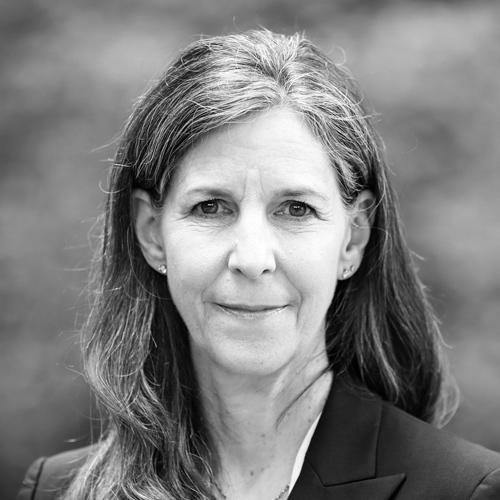
Dole Food Company, the world’s largest producer of fresh fruits and vegetables, has its hands in a little bit of everything, from overseeing hundreds of thousands of acres of crops, to managing container ships and ports for the movement of its goods, to the packaging and marketing of those goods, sold in stores worldwide. The logistics of taking the company public, therefore, are quite complicated, but vice president, general counsel, and corporate secretary Jared Gale isn’t sweating it.
The graduate of Harvard Law School and his legal team have already helped the company complete the $1.3 billion refinancing necessary to prepare for its third IPO, the timing of which, at press time, was being reviewed by Dole and its advisers, with the possibility of a sale also in the mix. Here, Gale explains what went into the refinancing from a legal perspective, what’s left to do to complete the IPO, and what might change if the company’s sold first.
So, you started Dole’s refinancing in spring of 2017. What aspects did you handle right away?
The initial task was due diligence. When you’re selling your company to investors—in this case it was debt investors, banks who were interested in participating in the term loan, and bond holders who were interested in purchasing the bonds the company was offering—you have to provide information to those investors so that they can understand what the company is, where the assets are, where the liabilities are, and that it’s going to be able to repay its debt. This consisted of putting together a data room of documents to give the investors, presenting the company in the most accurate and succinct way possible.
Are there any unusual debt considerations for a major producer of fruits and vegetables that other businesses might not have to think about?
One is the fact that we’re so asset rich. The lenders’ primary interest is in ensuring they get repaid, and understanding the assets that the company owns is critical for them to get comfortable. We own 15 ships, the largest containerized shipping fleet in the world; we own farms, 124,000 acres around the world; and we own six huge salad manufacturing plants around the world. Whereas many companies are judged more on cash flow and income, Dole is unique in that the assets it owns are more important.
How does that affect your refinancing approach from a legal standpoint?
It makes the due diligence aspect more demanding and more involved. Because we’re selling the company as asset rich, investors want to ensure that these are good assets, that Dole has proper legal title to them, that they’re not subject to third-party liens. They also want to understand what the current state of the assets is. There’s a big difference between a ship that’s two years old, built using modern technology and new construction standards, and one that’s 30 years old and at the end of its life.
So, now that the refinancing is complete, what’s next to reach the IPO?
The refinancing closed in April 2017, but that’s not to say the work’s done. After a refinancing closes, it’s a long and sometimes difficult process to get the legal protections in place that investors require. For example, we own property in Hawaii that we’ve owned for over a hundred years, and the title history of property like that can be long and quite confusing, and it’s something that we are still dealing with now.
Have you already started work on the IPO itself, or have the recent reports of Dole’s potential sale complicated things?
When the refinancing finished in April, we almost immediately started working on the IPO, and it’s actually a similar process. There’s due diligence involved, and creating the S1 document, which is now on file, is a long, important process. Making sure that document is done properly has been a big focus of the legal department. But overlaying all that is a shift in telling the company’s story. Rather than debt investors who are concerned about being repaid, we are working with equity investors who are interested in the upside—the growth potential of the company. And if something changes and we end up selling the company, that growth story will also be critical for that process.
Well, either way, it sounds like you’ve got it all handled.
There’s always a balance between trying to be as efficient as possible and making sure we have the right resources to do what we need to do for the company, but at this point, the legal department is in a good place. I’m happy with the team we have here, and we all work well together.


